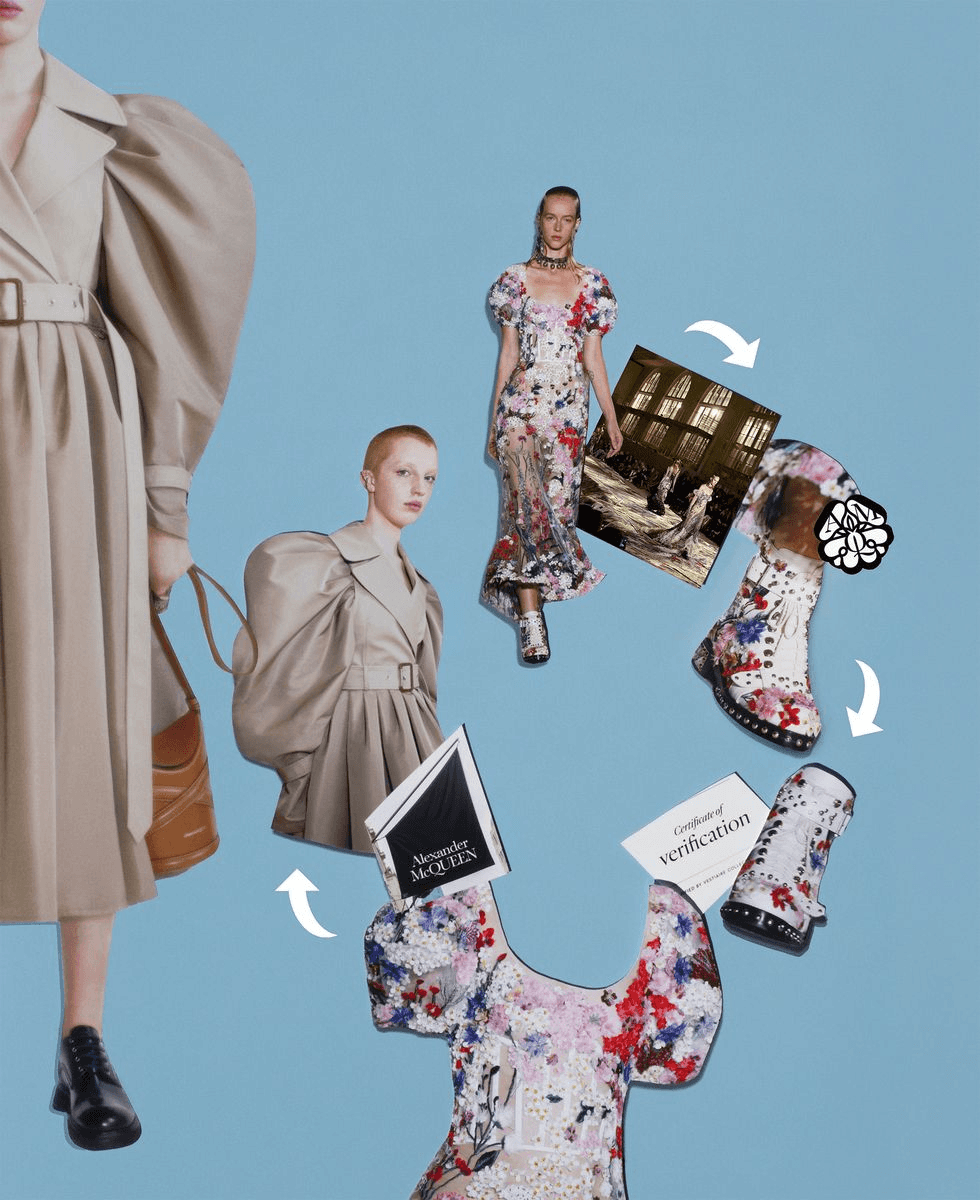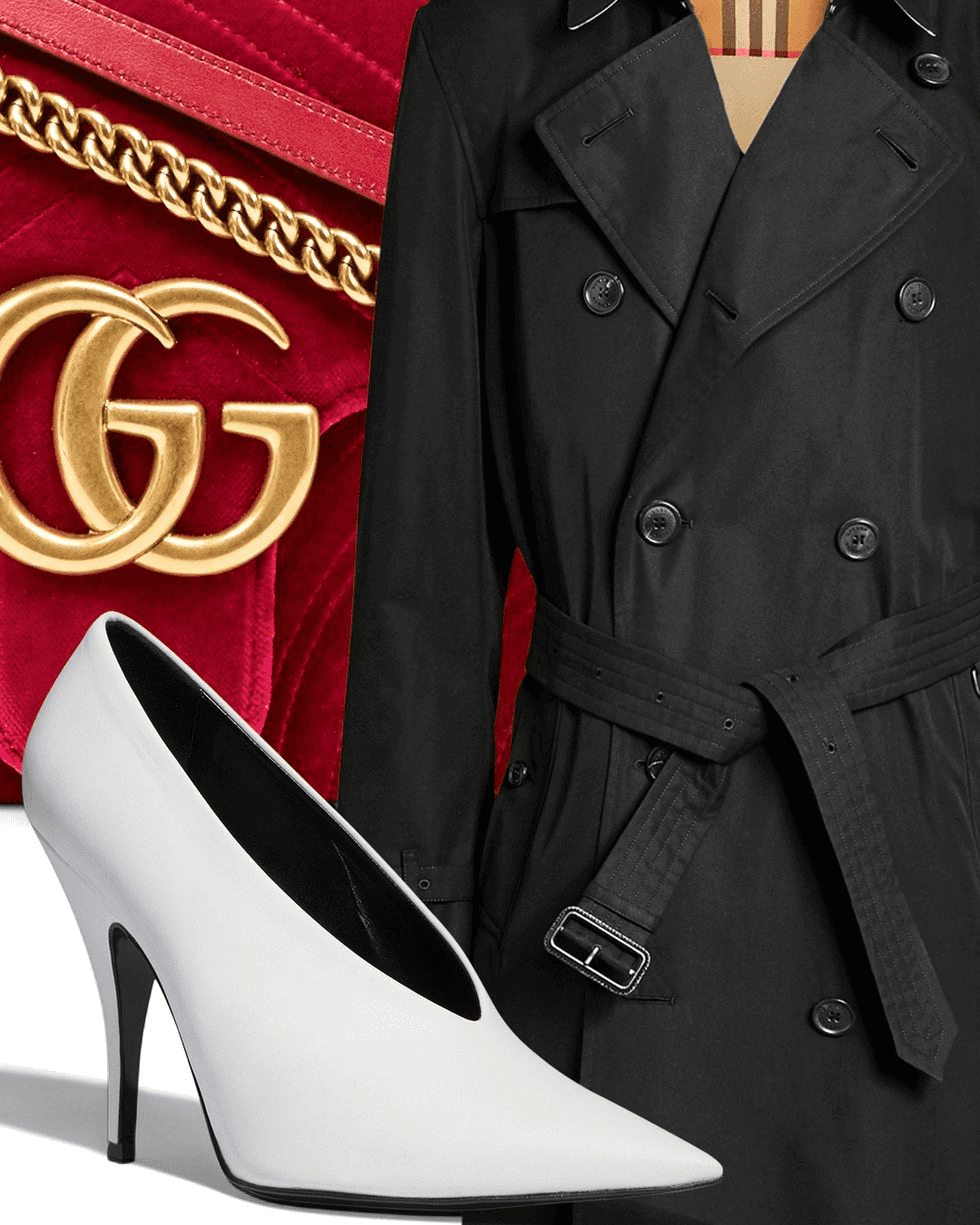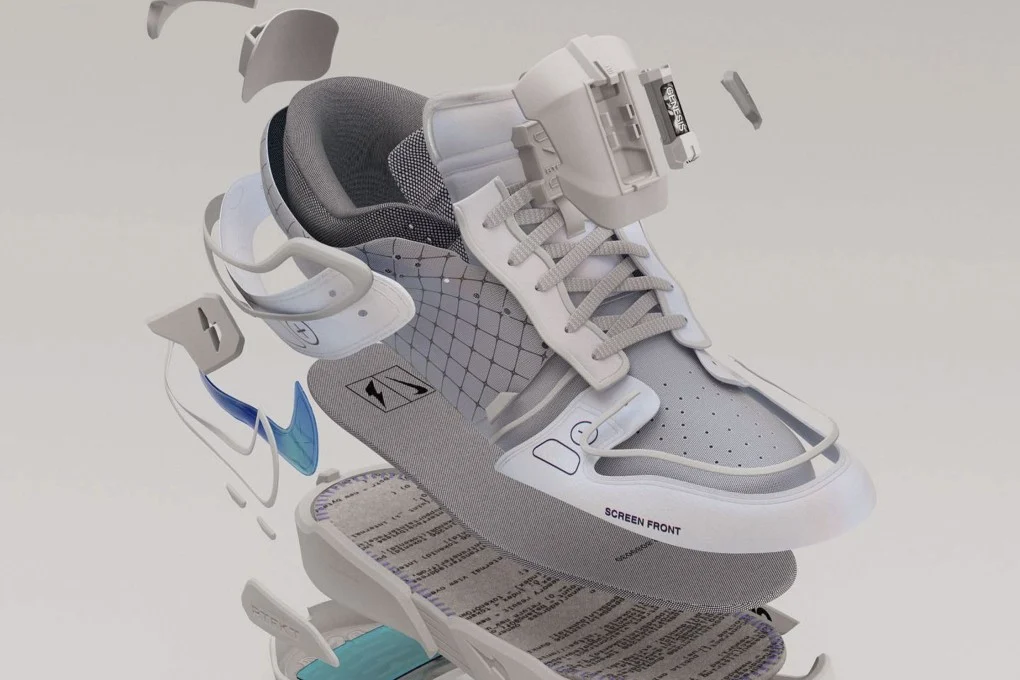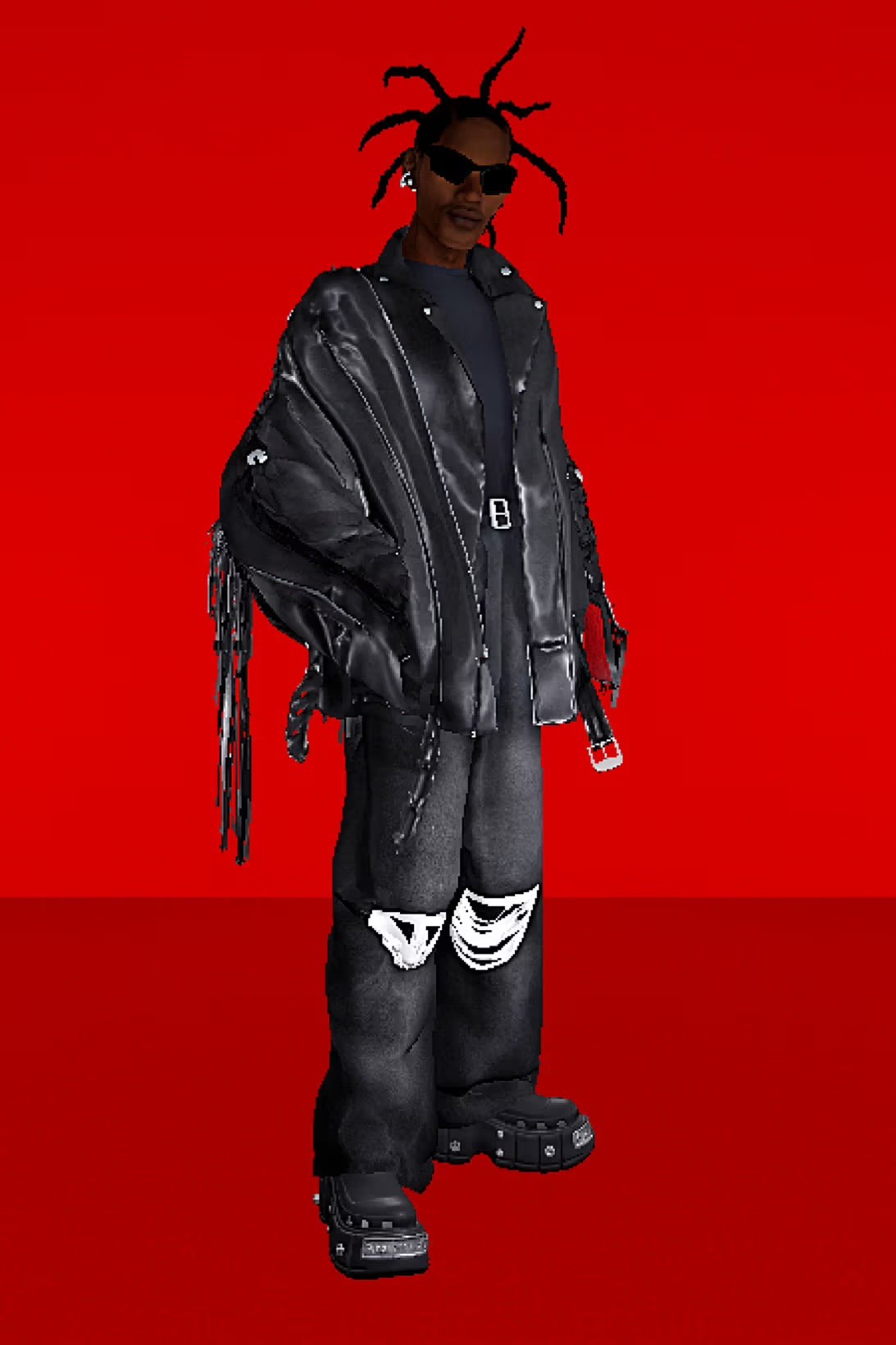In the past, purchasing secondhand clothing was mainly reserved for vintage enthusiasts or those who wanted to save money. This activity involved searching through racks and, for dedicated thrifters, visiting multiple consignment shops. However, thanks to digital resellers, buying secondhand has become more mainstream today. A 2020 study by Boston Consulting Group and Vestiaire Collective, the Paris-based luxury resale platform, predicts that by 2023 over a quarter of the clothes in our wardrobes will be pre-owned. Maxine Bédat, founder and director of the fashion policy think tank New Standard Institute and author of "Unraveled: The Life and Death of a Garment," says, "Secondhand businesses like Vestiaire Collective and the RealReal are helping to define a new era where secondhand is as good as, if not better than, new." Therefore, due to the growth of luxury resale, driven by consumers' increasing interest in sustainable shopping, the fashion industry's embracing circular fashion, where clothes and accessories are being held in circulation for as long as possible.

Luxury brands initially avoided resale platforms because they believed having their designs available on the secondhand market would cheapen their image and compete with their new products. However, luxury resale platforms such as Vestiaire Collective and The RealReal have proliferated and are worth over $1 billion. Luxury brands have started to accept resale as part of the life cycle of their designs and are now partnering with resellers Kering. This luxury group includes Gucci and Balenciaga, which recently invested in Vestiaire Collective. In February, Vestiaire Collective introduced its Brand Approved buyback program with Alexander McQueen. The RealReal also has brand partnerships, such as its Circular Economy Program with Stella McCartney, which offers a $100 bonus store credit in exchange for consigning and benefits with Burberry and Gucci.

The rise of luxury resale is not only good news for consumers but also for the environment. It helps reduce overconsumption's negative impact by putting used clothes and accessories back into circulation. According to the Environmental Protection Agency, Americans threw out 12.8 million tons of clothing and shoes in 2017, an average of 79 pounds per person. However, it is essential to note that the goal is not to encourage people to buy more clothes simply because there is a market for secondhand items. Instead, the fashion industry should encourage investing in a wardrobe over a lifetime, which aligns with luxury's roots and helps create a sustainable enterprise.




